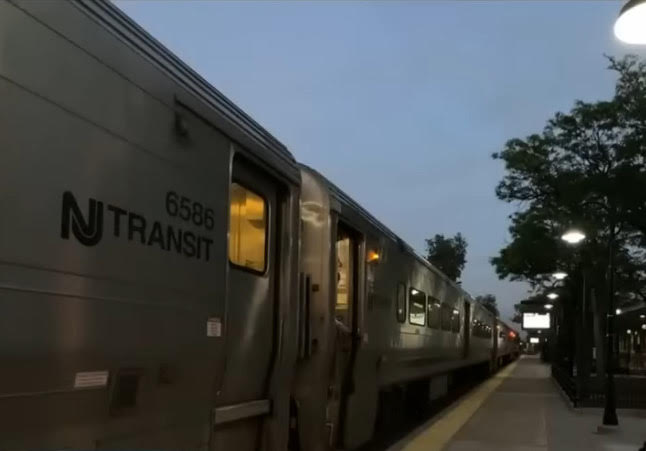New Jersey Transit train engineers have officially begun their strike, the largest in 40 years, blocking commuter trains and forcing hundreds of thousands of users to seek other means of transportation.
Members of the Brotherhood of Locomotive Engineers and Trainmen (BLET) had threatened to strike if NJ Transit management and the union failed to agree on new contract terms and conditions for the workers who drive the trains.
According to New Jersey Governor Phil Murphy, the parties were close to reaching a final agreement when the meeting ultimately proved to be unsuccessful. All New Jersey Transit trains and MTA Metro-North West of Hudson service had to suspend service at the start of the strike, which began at 00:01 a.m. Friday.
At a press conference Thursday evening, Murphy and NJ Transit CEO Kris Kolluri encouraged commuters to work from home at least during the day today. As Kolluri explained, negotiations with the union are expected to resume Sunday morning.
Earlier in the week, the CEO had said he was quite confident that a “fair and affordable” agreement could be found soon, through which the strike could be avoided. Days ago, however, BLET National President Mark Wallace had stated that it has now been five years since railroad engineers working for NJ Transit received a pay raise.
Union leaders explained that, currently, the average salary of a company engineer is around $113,000 a year. The BLET’s main goal was to raise that figure to $170,000. “I cannot keep giving money left and right to solve a problem. Money does not grow on trees,” Kolluri himself, however, reiterated.
“NJ Transit has a half-billion dollars for a swanky new headquarters and $53 million for decorating the interior of that unnecessary building”, Wallace countered, “They have money for penthouse views and pet projects, just not for their front-line workers. Enough is enough. We will stay out until our members receive the fair pay that they deserve.”
Company officials said the strike will disrupt the lives of more than 350,000 commuters in New Jersey and New York, and have drawn up a contingency plan that includes expanded bus service for commuters who generally travel by train. However, even with the expansion of bus service, NJ Transit said it “can only carry about 20 percent of current rail customers.”












